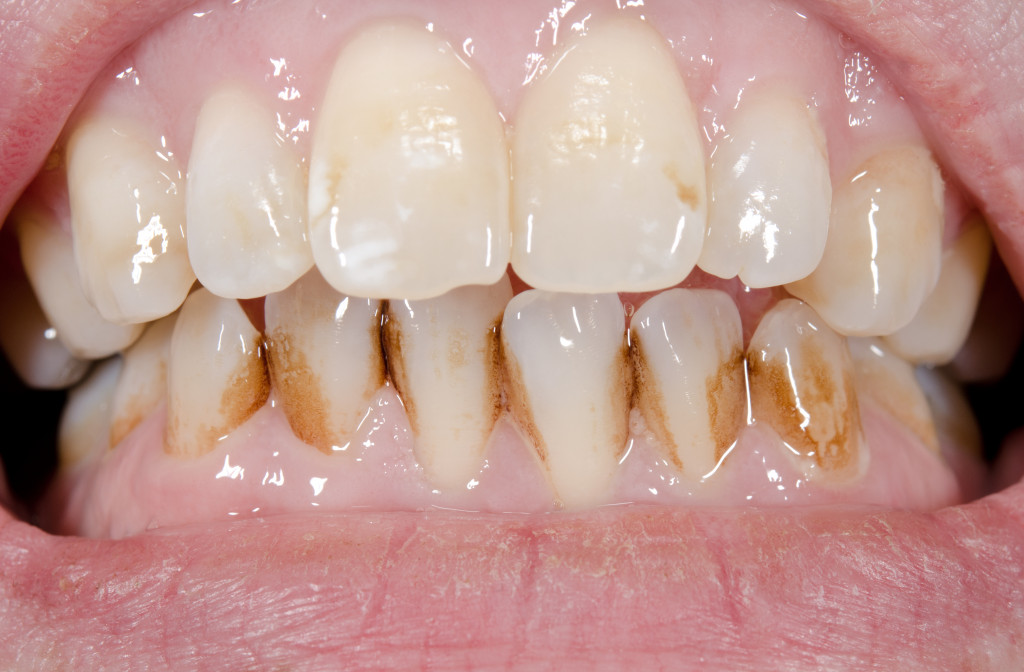You may think sugar is a harmless white powder that makes your coffee a little sweeter. However, the truth is that sugar can have some serious adverse effects on your health. Here’s a closer look at why you should be careful about how much sugar you consume.
Cavities
One of the most well-known effects of sugar is its role in the development of cavities. When you eat sugary foods, your mouth bacteria start to produce acids. These acids then eat away at your tooth enamel, leading to cavities and tooth loss. To help prevent cavities, brushing your teeth regularly and limiting your sugary foods and drinks is important.
It’s also essential to replace any teeth you’ve lost from cavities, as they can further damage your other teeth if you continue consuming sugar. In addition, the gaps between your teeth can be home to debris and bacteria. By getting it replaced through teeth replacement services, you can ensure that your mouth is safe from infections. These services use implants made of titanium to support the replacement teeth and integrate them into your existing structure.
Obesity
In recent years, sugar has been getting much attention for its role in the obesity epidemic. When you eat or drink too many sugary substances, your body stores excess calories as fat. This can lead to weight gain and an increased risk for obesity-related health problems such as heart disease, diabetes, and joint problems. To avoid these problems, it’s essential to limit your sugar intake and ensure you’re getting enough exercise.

Diabetes
In addition to its role in weight gain, excessive sugar consumption can also increase your risk for diabetes when you eat sugary foods and drinks, your blood glucose levels spike. Over time, your body may become resistant to insulin, the hormone that helps regulate blood sugar levels. This can lead to type 2 diabetes, a chronic condition where your body cannot properly control blood sugar levels. Therefore, limiting sugary foods and maintaining a balanced diet to reduce your risk of developing this disease is important.
Inflammation
Sugar can also cause inflammation throughout your body. Inflammation is a natural response that helps protect your body from infection and injury. However, it can lead to many problems, such as heart disease, arthritis, and cancer, when it becomes chronic. Eating anti-inflammatory foods such as fish, nuts, and vegetables can help if you don’t want to reduce your sugar intake drastically.
As you can see, there are many reasons to be careful about how much sugar you consume. Too much sugar can lead to various health problems. But what about sugar alternatives? Are they better than sugar? Here are three sugar alternatives and their chemistry.
Xylitol
One of the most common sugar alternatives is xylitol, which is found in many sugar-free products. Xylitol has a similar sweetness to sugar and can be used as a replacement in baking. However, it has fewer calories and does not cause tooth decay like sugar. It also has potential health benefits, such as improving bone density and preventing ear infections.
Xylitol is made from the fibers of many plants, including birch trees and corn cobs. It is converted into sugar alcohol through a chemical process called hydrogenation, which adds hydrogen atoms to the molecule.
Aspartame
Another common sugar substitute is aspartame, found in products like Equal and NutraSweet. Aspartame has a high level of sweetness but contains few calories and does not cause tooth decay like sugar. However, it has been controversial due to concerns about its safety. The FDA considers it safe for consumption in limited amounts, but some studies suggest it may adversely affect brain function and increase the risk of certain cancers.
Aspartame is made from two amino acids, phenylalanine, and aspartic acid, naturally found in protein-rich foods. It is often used with other sweeteners to improve taste and texture.
Sucralose
Another sugar alternative is sucralose, sold under the brand name Splenda. Like xylitol and aspartame, it has a high level of sweetness but few calories and does not cause tooth decay. However, some research suggests sucralose may adversely affect gut health and blood sugar levels.
Sucralose is made from regular table sugar (sucrose) through a chemical process that replaces three hydrogen-oxygen groups with chlorine atoms. This change makes it impossible for the body to break down and absorb sucralose, giving it its low-calorie properties.
While sugar alternatives may seem healthier, it’s important to remember that you should still consume them in moderation. No matter what sweetener you use, too much can lead to weight gain and other health problems. Limiting added sugars in your diet and focusing on eating whole, unprocessed foods for most of your meals and snacks is best.

